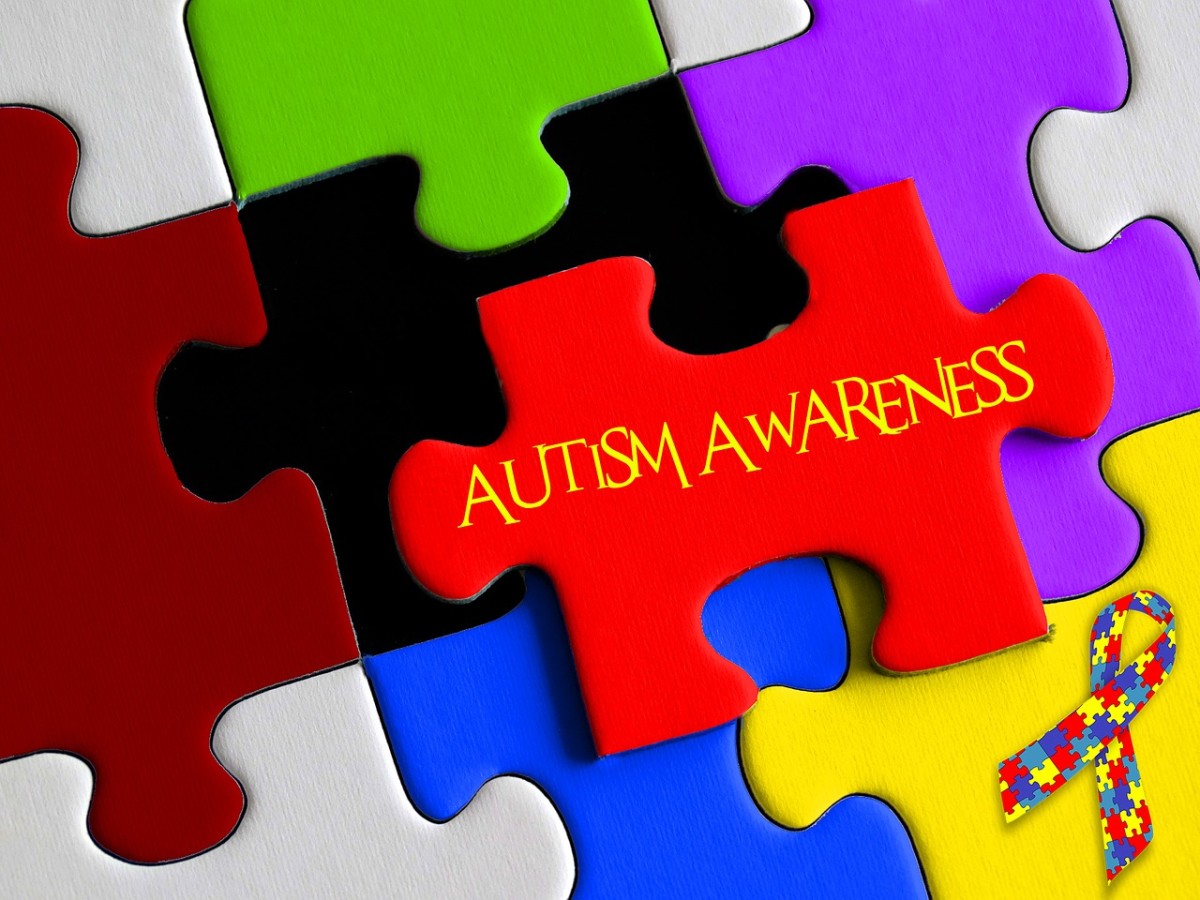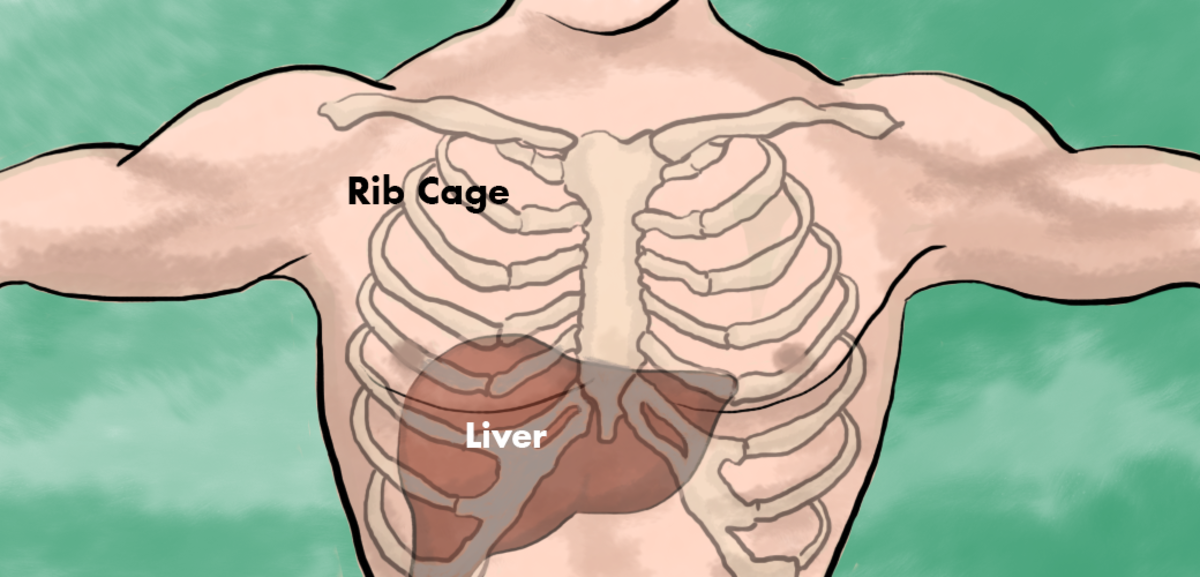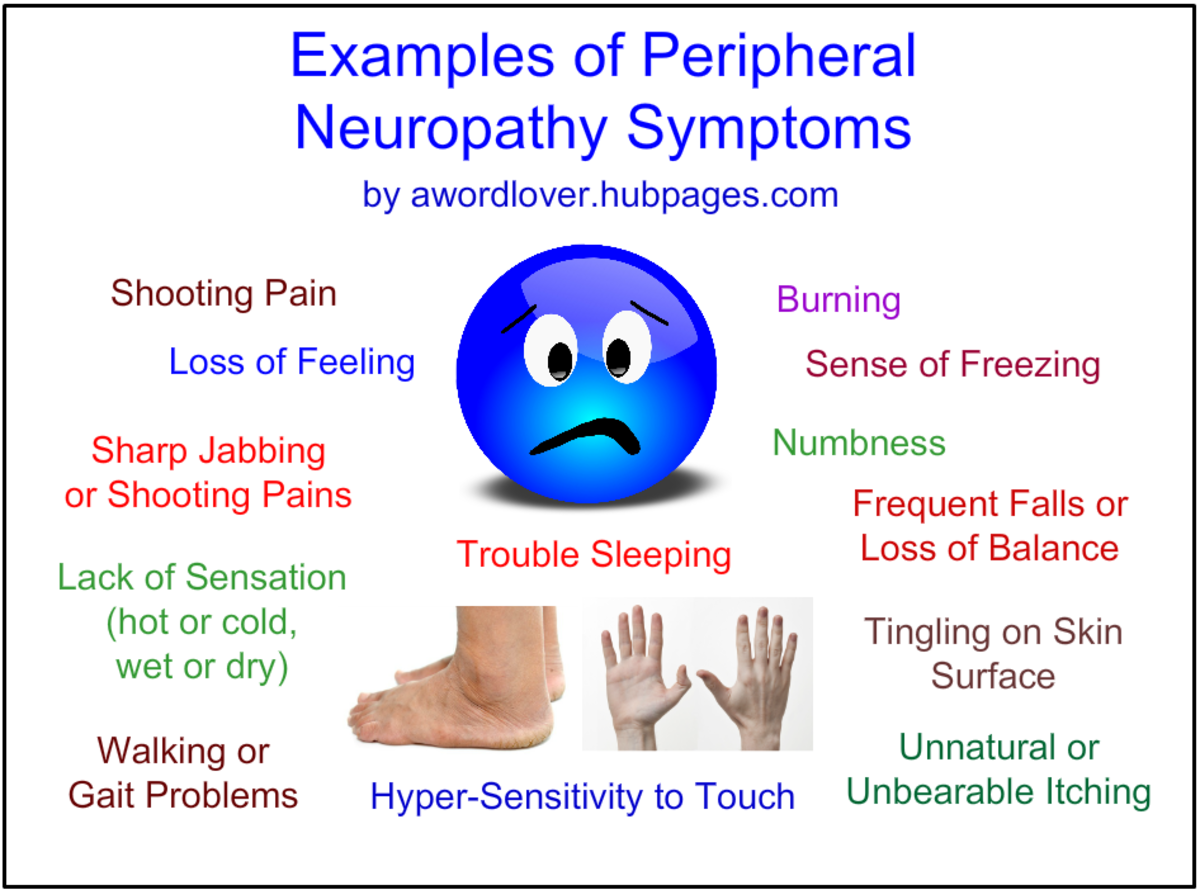Key Information About Coronary Artery Disease
CAD
Coronary artery disease (CAD) is a cardiovascular disease (CVD). It is also known as coronary heart disease (CHD), or simply, heart disease. It is a condition which affects the arteries that supply the heart with blood.
Deadly
CVDs are the number one cause of death globally. An estimated 17.9 million people died from CVDs in 2016, representing 31 percent of all global deaths.
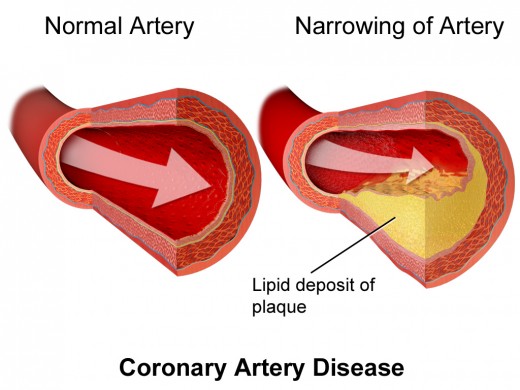
Causes
Cholesterol-containing deposits (plaque) in the arteries and inflammation are usually to blame for coronary artery disease.
CAD develops as a result of injury or damage to the inner layer of a coronary artery. This damage causes fatty deposits of plaque to build up at the injury site.
Exercise with a very high level of intensity has been associated with the formation of calcified plaque, which suggests that certain mechanisms may be involved in facilitating coronary atherosclerosis.
In February 2023, UVA researchers and their collaborators identified genes that play key roles in the development of coronary artery disease.
“Genetic studies done in more than 1 million people in the last 15 years identified hundreds of locations on our chromosomes that increase the risk of having a heart attack,” said senior researcher Mete Civelek, PhD, of UVA’s Center for Public Health Genomics and the Department of Biomedical Engineering, a joint program of the School of Medicine and School of Engineering.
In what is being hailed as a landmark study, researchers identified microplastics in human arterial plaque and linked them to adverse cardiovascular outcomes, such as heart attack. The study was published in March 2024 in The New England Journal of Medicine. “This is a new space and definitely a wake-up call,” Dr. Rick Ferraro, a general cardiology fellow at Johns Hopkins Medicine who wasn’t affiliated with the research told Healthline.
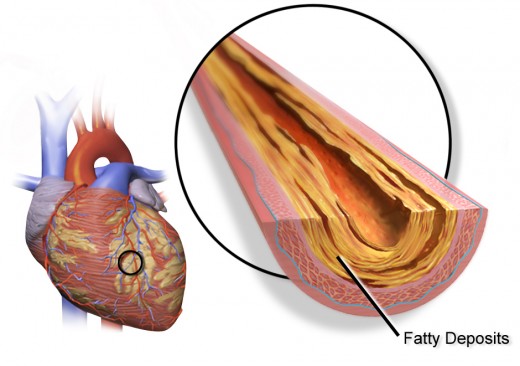
The ideal blood cholesterol level for you depends on your age, gender, and history of heart disease, but for most people with coronary artery disease, the target LDL cholesterol level is 100 mg/dL or below, and the target HDL cholesterol level is above 40 mg/dL for men, and above 50 mg/dL for women.
Risks
Risk factors include obesity, hypertension, high levels of bad cholesterol (LDL), smoking, sleep apnea, diabetes, inactivity, unhealthy eating habits, emotional stress, excessive consumption of alcohol and history of preeclampsia during pregnancy.
Young to middle-aged women who drink more than one alcoholic beverage a day, on average, were more likely to develop coronary heart disease than people who drink less, according to research (March 2024) by Kaiser Permanente Northern California.
Coronary plaque buildup may progress more quickly in patients with diabetes compared with those without diabetes, according to research results published in Clinical Cardiology and presented at the 3rd Annual Heart in Diabetes Conference, held July 12 to 14, 2019, in Philadelphia, Pennsylvania.
"Ethnic-wise, South Asians especially Indians are more vulnerable to have coronary artery disease (CAD) at the young age with a prevalence of 10-15 %," said Dr Upendra Bhalerao, Cardiovascular and Thoracic Surgeon at Wockhardt Hospital, Mira Road, Mumbai, said.
Black adults are at significantly higher risk (1.6-2.4 times) for cardiovascular disease than white adults.
Symptoms
The most common symptom of coronary artery disease is angina (also called angina pectoris). Angina is chest pain or discomfort caused when the heart muscle does not get enough oxygen-rich blood.
Other symptoms include indigestion, heartburn, weakness, sweating, nausea, cramping, and shortness of breath.
Complications
Myocardial infarctions (heart attacks), arrhythmia, heart failure and stroke are among several serious complications of coronary artery disease.
Diagnosis
Diagnostic tests include ECG, echocardiogram, exercise stress tests, electron beam (ultrafast) CT scans and cardiac catheterization.
Coronary CTA assessed by machine learning was able to better distinguish patients who had an adverse event compared with the Coronary Artery Disease Reporting and Data System, or CAD-RADS, and other scores, according to a study published in Radiology.
In March 2022, a team of research scientists led by Mayo Clinic created an artificial intelligence computer-based algorithm that can use voice biomarkers to locate clogged arteries, helping clinicians detect heart conditions.
“This technology is using machine learning to quantify something that isn’t easily quantifiable for us using our human brains and our human ears,” said Jaskanwal Deep Singh Sara, MD, a cardiology fellow at Mayo Clinic and the study’s lead author.
A calcium-score screening heart test (coronary calcium scan) uses computerized tomography (CT) to detect calcium deposits in the coronary arteries of your heart. A higher coronary calcium-score suggests you have a higher chance of significant narrowing in the coronary arteries and a higher risk of future heart attack.
Treatment
Treatment for coronary artery disease can help manage the symptoms and reduce the risk of further problems.
Statins
Nitrates, beta blockers, calcium channel blockers, aspirin, or cholesterol-lowering drugs (statins) are used to slow the disease progress or ease symptoms.
In fact if your goal is to actually reverse this disease, medications will likely include high-dose statins.
Among patients with coronary artery disease, a treat-to-target LDL-C strategy of 50 to 70 mg/dL as the goal is noninferior to a high-intensity statin therapy for the 3-year composite of death, myocardial infarction, stroke, or coronary revascularization.
Treatment may also require surgical intervention, such as with angioplasty, stent replacement, coronary artery bypass graft surgery (CABG) or off-pump coronary artery bypass surgery.
A 58-year-old man from Papua New Guinea underwent a laser-assisted complex angioplasty for triple vessel coronary artery disease at Kauvery Hospital, Alwarpet, Chennai in January 2024. Doctors said he returned home after recovery. He was discharged a day after the procedure.
Doctors at the hospital chose a procedure to treat the three affected blood vessels, including total occlusion of the right coronary artery. The procedure was a safer alternative to bypass surgery and alleviated the patient’s immediate health concerns, doctors said.
The hospital’s senior interventional cardiologist Rajaram Ananthraman said the patient had opted for laser angioplasty. “We found his condition suitable for laser-assisted angioplasty and we immediately performed the procedure. He recovered swiftly and he was able to fly back to his hometown.”
A small 2019 study found that people with diffuse CAD had better outcomes with surgery than with medication.
In a research study that was published in 2023 in European Heart Journal, research scientists from Osaka University revealed that tricaprin, a dietary supplement, can dramatically reverse the signs of CAD.
Lifestyle modifications usually include ceasing smoking (if you smoke), minimizing alcohol use, exercising, reducing your salt intake, and maintaining a moderate weight.
Prevention
Do not smoke. Keep your blood pressure between 90/60mmHg and 120/80mmHg. Eat healthy, natural food. Include foods rich in vitamin E and beta-carotene in your diet.
Avoid processed foods, white flour, sugars, and high fructose corn syrup.
Yoga Is Good for Cardiovascular Health
Do yoga daily. Asanas like Dradhasana promote heart health.
Avoid alcohol consumption. Alcohol increases the level of bad cholesterol in the blood which eventually leads to an increase in blood pressure. And an increase in blood pressure increases the risk of coronary artery disease.
In October 2023, an international team of scientists identified nearly a dozen genes that contribute to calcium buildup in our coronary arteries that can lead to coronary artery disease. The researchers published their findings in the journal Nature Genetics.
“By sharing valuable genotype and phenotype datasets collected over many years, our team was able to uncover new genes that may foreshadow clinical coronary artery disease,” said researcher Clint L. Miller, PhD, of the University of Virginia School of Medicine’s Center for Public Health Genomics. “This is a critical first step in identifying the biological mechanisms to target for primary prevention of coronary artery disease.”
Almonds Contain Vitamin E

Do you practice yoga?
This content is accurate and true to the best of the author’s knowledge and does not substitute for diagnosis, prognosis, treatment, prescription, and/or dietary advice from a licensed health professional. Drugs, supplements, and natural remedies may have dangerous side effects. If pregnant or nursing, consult with a qualified provider on an individual basis. Seek immediate help if you are experiencing a medical emergency.
© 2019 Srikanth R





